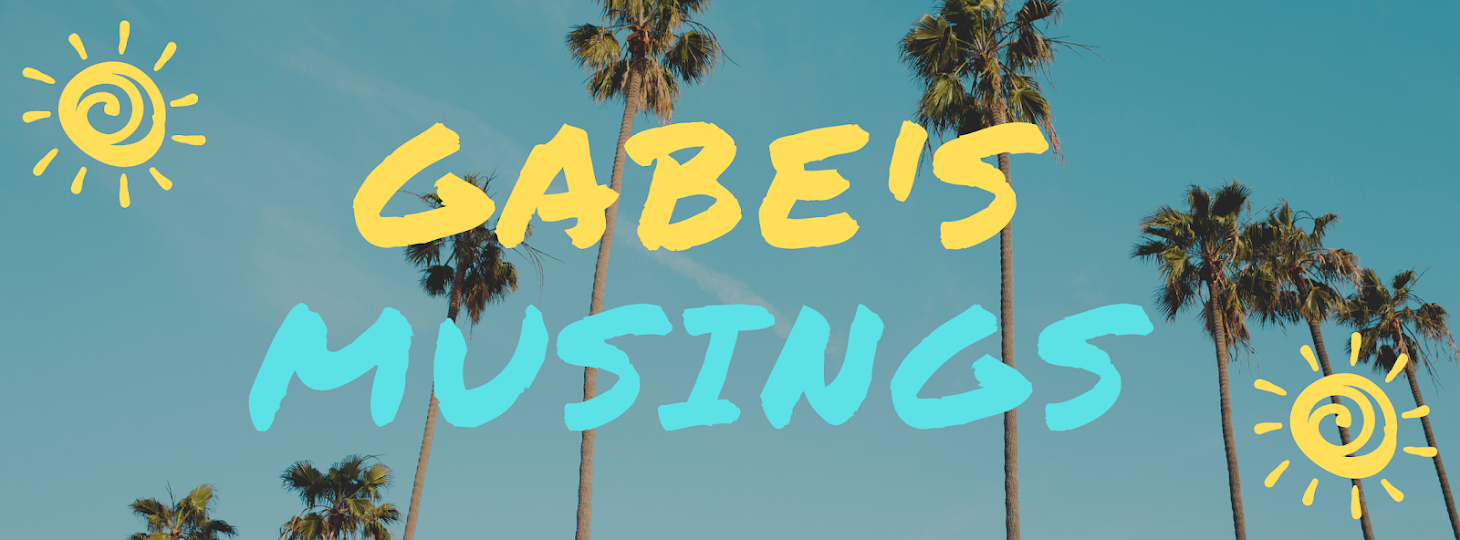For Mental Health Awareness week, BLACK ENTERPRISE is interviewing numerous individuals within the wellness community to talk about the racial disparities that affect the Black community in the hopes of creating a safe place to talk about mental health.
According to the U.S. Department Office of Minority Health, suicide became the second-leading cause of death for African Americans between the ages of 15-24 in 2017. In the same year, data showed that the rate for African American men who died by suicide was four times greater than African American women.
Celebrity therapist and licensed mental health counselor Jeff Rocker sees the effects it has on his clients and has created a platform for black men to talk about the mental health issues they may be facing.
In an interview with BLACK ENTERPRISE, Rocker discusses the stigma around discussions about mental health among black men and how the COVID-19 has contributed to increasing the number of people who say they are suffering mental health issues due to the fallout from the health crisis.
What has the COVID-19 pandemic contributed to mental health ailments amongst Black men?
The coronavirus disease has adversely affected the mental health of Black men in a myriad of ways. 2020 has brought a lot of frustration to many Black men that have heightened their anxiety to new levels to the point where they find themselves constantly worrying about the safety of their families, financial stability, and reevaluating their short term and long goals.
Sadly enough, research reveals that 44% of African Americans have experienced pay cuts or job loss. In comparison, 73% lacked emergency financial reserves to cater to their three-month expenses due to the epidemic. As you can see, the significant decrease in household income imposes a substantial financial burden on Black men as they try to provide for their families.
To make matters worse, African Americans have recorded the highest COVID-19 hospitalizations and death rates. This devastating situation attributes to increased chronic health conditions, poverty, and racial discrimination that endanger their well-being. In other words, “It’s tough being a Black man in today’s society, but they don’t have to deal with their issues on their own.”
What are some of the things keeping Black men from seeking out help?
Black men refrain from pursuing professional help due to various reasons such as finding therapists who are knowledgeable about Black culture, false representations, or hostile generalizations of therapy, fear of being judged, and being misdiagnosed.
For example, some mental health professionals have developed biased and negative perceptions, which influence them to misdiagnose Black men with mental illnesses such as schizophrenia, while diagnosing White males with similar symptoms as experiencing mild mood disorders. Culturally unskilled therapists discourage Black men from enrolling in counseling sessions due to fear that clinicians may incorrectly diagnose them with mental illness that they do not have in reality.
Additionally, fear of judgment hampers African American males from finding help. The conventional masculinity beliefs that force men to endure challenges, as well as the fear of their families identifying them as crazy due to their mental health diagnoses, elevates their resistance to psychological assistance. The negative depiction of counseling sessions in movies or television impedes Black men from seeking help because filmmakers portray mental health patients as unpredictably violent while depicting counselors as unethical or unhelpful. Hence, these factors hinder Black men from pursuing professional assistance.
Do you think attitudes toward mental health among Black men are changing? Why or why not?
I believe that Black men’s attitude toward mental health is heading in the right direction. More African American therapists have received commendations from the public for helping their communities through innovative therapeutic approaches.
Since the death of George Floyd, mental health agencies have been forced to hire more Black therapists to deal with the vicarious trauma experienced in the Black community. There has been a huge need for Black mental health professionals for many years, and now it feels like something is being done about it. The confessions of Black celebrities such as Trevor Noah, Taraji P. Henson, and LeBron James ailing from mental disorder has encouraged African American men to change their attitude toward mental health. Unlike in the past, where African Americans viewed dialogues regarding mental health as an embarrassment, Black families have currently started discussing psychological well-being issues.
As a celebrity therapist, this is why I focus the majority of my time discussing mental health issues that are prevalent in the Black community and coping skills to overcome them. We need to continue to have these conversations amongst each other to promote mental health awareness.
It’s National Suicide Prevention Month, and recent studies have shown an increase in the number of young Black boys committing suicide. What are some factors causing these numbers to increase?
Suicide rates among Black youths continue to increase exponentially due to various reasons. First and foremost, traumatic experiences instigated by massive killings of African American men by police officers has impacted the suicide rates in young Black males.
From 1991 to 2017, incidences of suicide among Black adolescents have increased by 73% due to exposure to racial discrimination and violence, which bolsters stress and depression. Besides, the integration of masculinity and racial norms, which mandate Black men to develop emotional resilience, triggers suicidal thoughts, especially when they fail to withhold their feelings.
The lack of social relations or emotional support from peers has impacted suicide rates drastically in young Black teens. At the same time, the lack of health insurance and high treatment expenditures hampers Black families from enrolling their children in counseling sessions. Therefore, there needs to be more resources and programs in place to offset these issues that contribute to the inflating cases of suicide among Black adolescents.
from Black Enterprise https://ift.tt/3k8TNPL
via Gabe's Musing's


















 www.thebeathousecosmetics.com
www.thebeathousecosmetics.com



